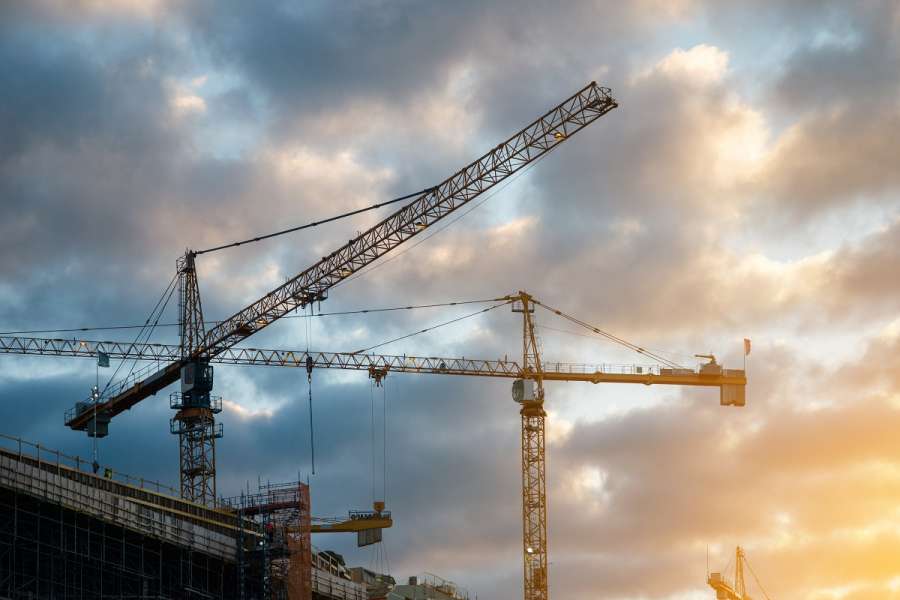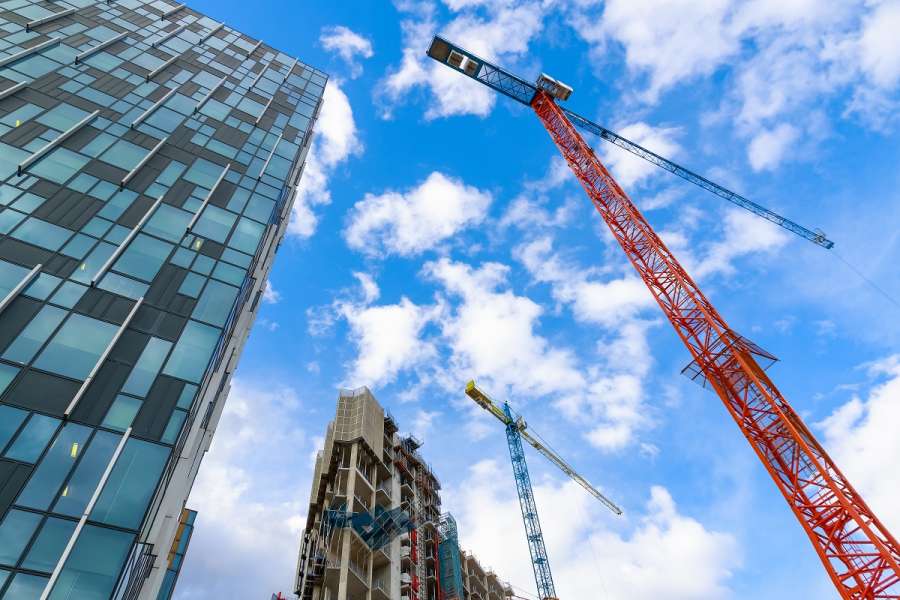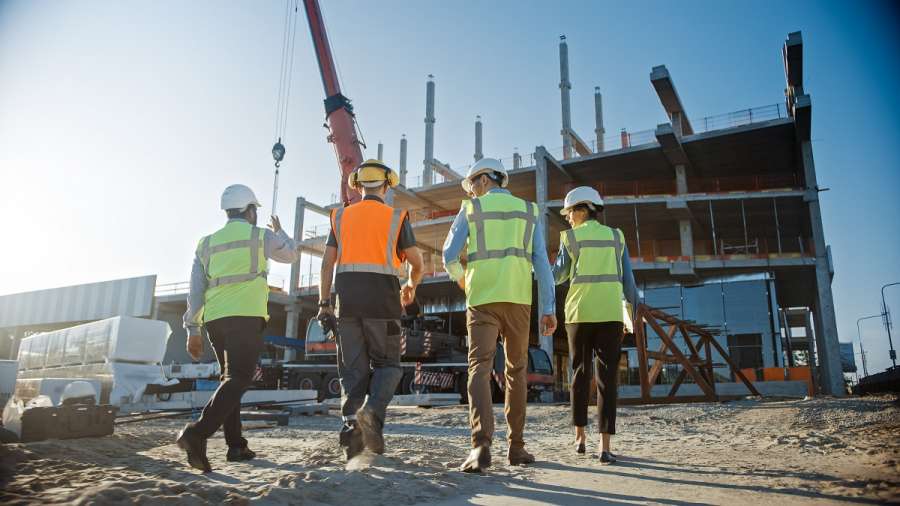It's no secret that the built environment and construction sectors are among the largest contributors to global carbon emissions.
With the Government being committed to reaching its net zero greenhouse gas emissions target by 2050, the construction and engineering industries need to continue to seek to reduce the impact that the UK's built environment has on climate change.
Environmental Social and Governance is increasingly becoming a key consideration for developers, funders, building contractors, and investors.
It will therefore come as no surprise that parties to construction contracts are increasingly seeking to incorporate clauses that promote sustainability.





